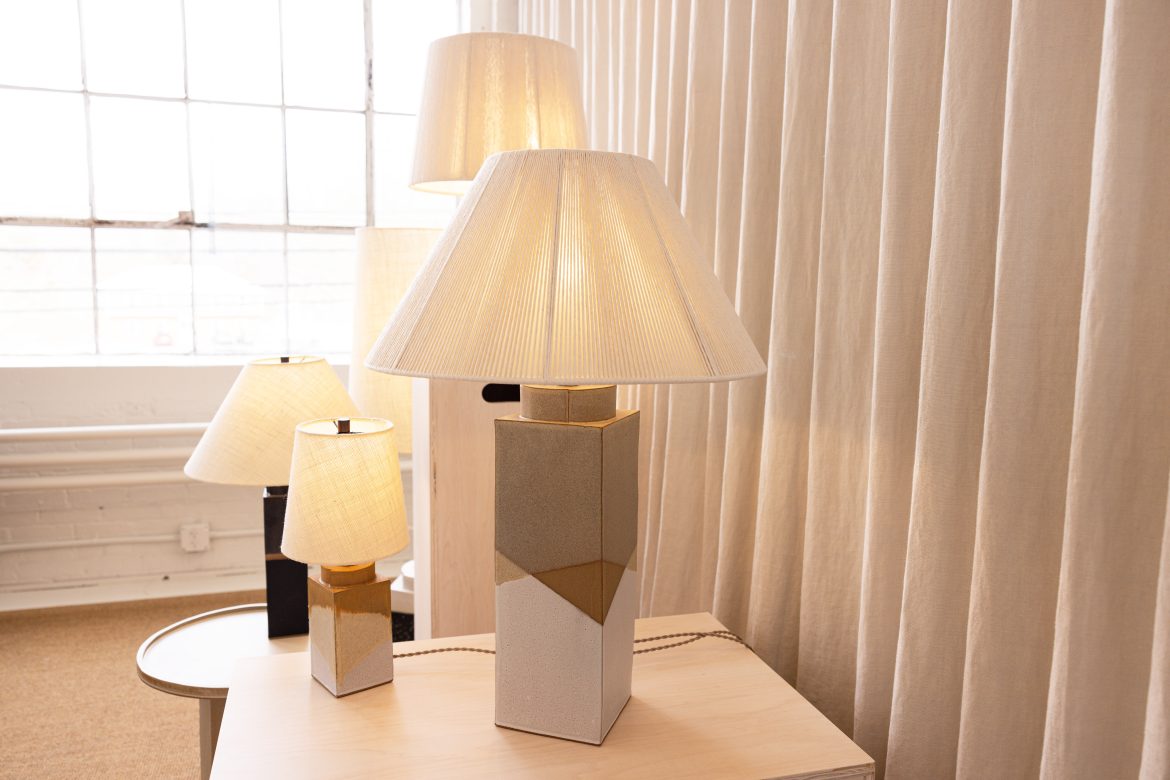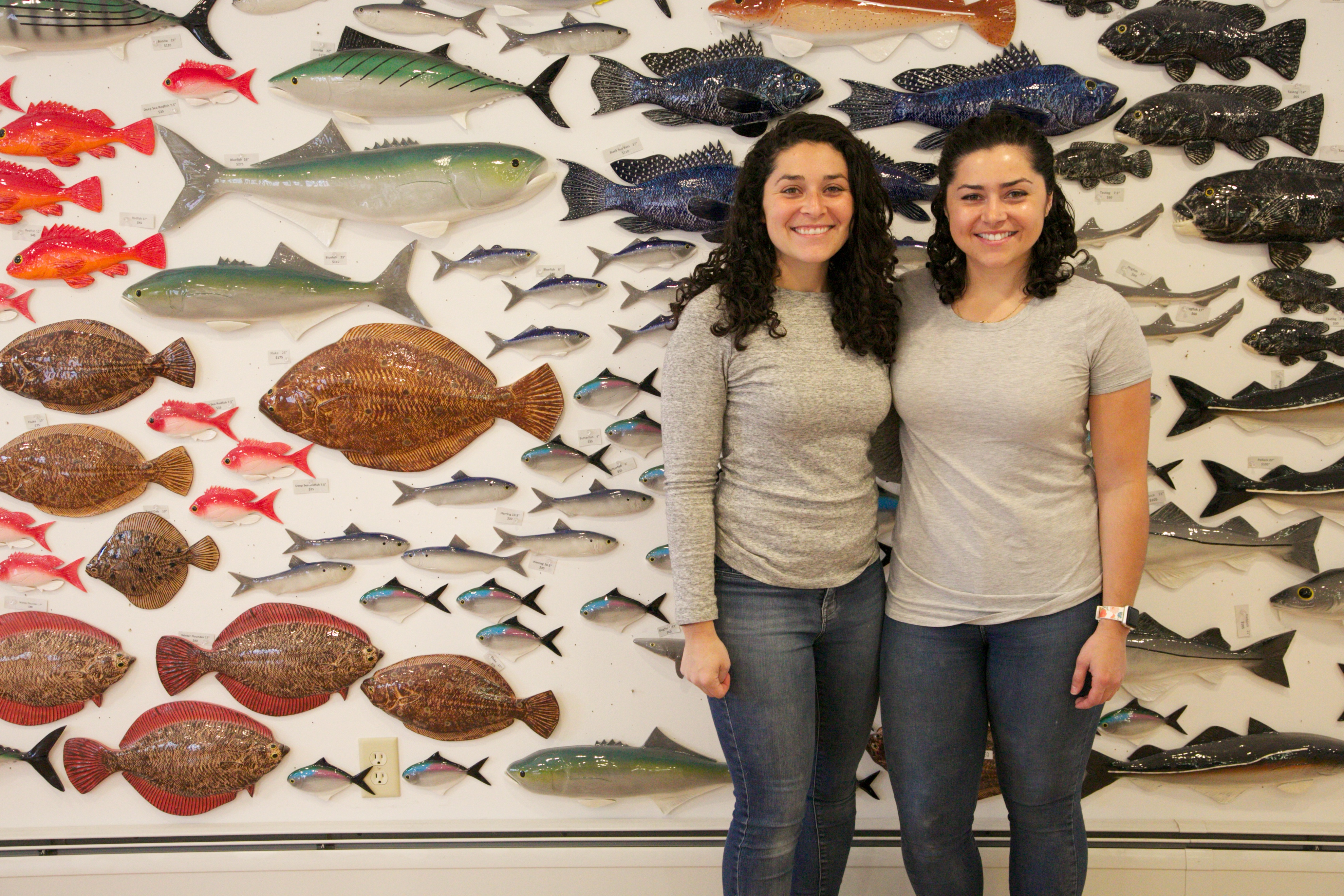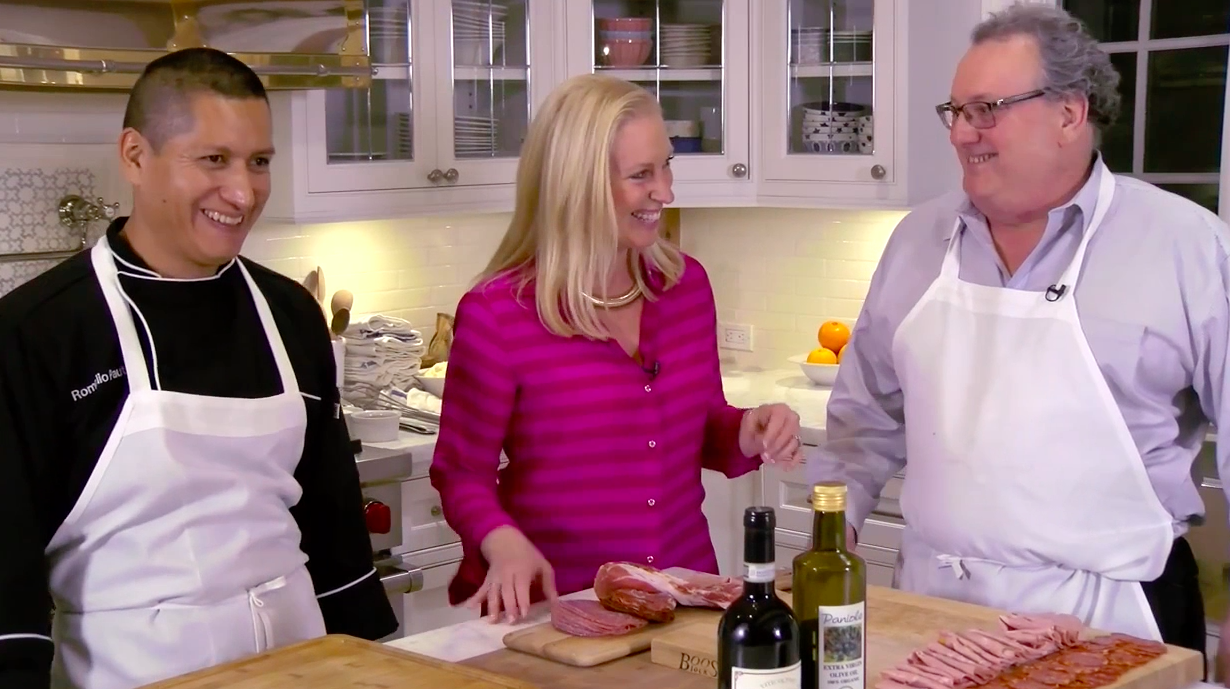Connecticut’s Dumais Made offers handcrafted lamps inspired by modernist sculpture and natural textures.
By Lisa Cavanaugh
Right before their wedding, Charlie Dumais, an architectural lighting design consultant, received a gift of hand-building pottery classes from his fiancé Kevin. Little did either of them know that this thoughtful present would turn into a flourishing business, a specialized studio in Litchfield, Connecticut, and national renown.
“I had done a little bit of pottery in college where I was studying design,” says Dumais. “Hand-building was always something I wanted to try, so after we got married and I started taking these classes, I began building little vases and candlesticks. Kevin is an interior designer, and he started using a few of the pieces in his clients’ photo shoots, and then they started buying some of my pieces, and things picked up from there.”
Around the same time, the couple, who were based on the Upper East Side of Manhattan, purchased a weekend home in northwestern Connecticut. After the dust settled on their DIY renovations, Dumais picked his craft back up again. “At that point, I started making little lamps, mainly because the lamps we were shopping for were ridiculously expensive,” he says. “Kevin believed I could make as good a one myself, so I did.” As one of the first Dumais Made products, the couple called it the New Preston Lamp. “It was really just a simple, small rectangular box, but it was aesthetically appealing, “ says Dumais.
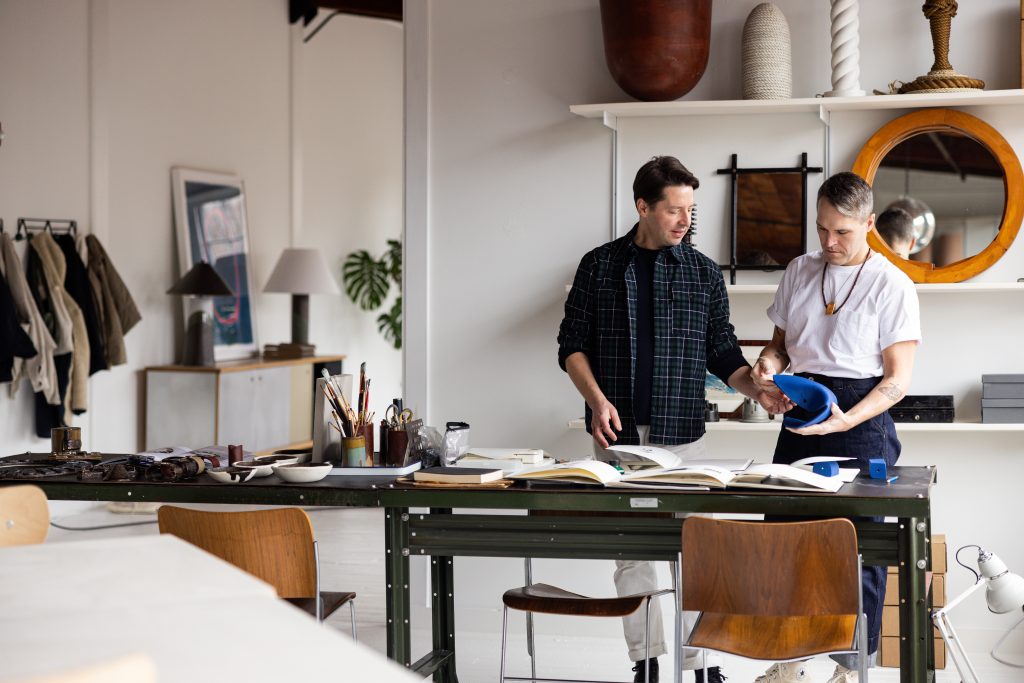
He and Kevin turned the detached garage at the Litchfield house into a finishing studio. “I was making pottery in a basement in a ceramics studio on the Upper East Side, and then we would drive it out to the house on weekends and finish it there, in the garage or at our dining room table.” Together they boxed up their new creations and shipped them to a small collection of customers via the local UPS store. “It was a fun way to make something collaborative and creative together that wasn’t too serious,” says Dumais.
By 2019 they had generated significant interest in their lamps, so Dumais launched an Instagram profile and website. Soon they were doing shows at local shops, and then, suddenly, Soho House, the chic social club, called. “They literally sent trucks to our garage in Connecticut to load up on big lamps to outfit their clubs in their Dumbo and West Hollywood locations,” says Dumais.
The increased demand meant they needed to find more space to produce lamps. An artist friend told them about the Bantam Arts Factory in the Bantam section of Litchfield, Connecticut. “Kevin and I just wanted to find about 100 square feet,” says Dumais. “I’d have been happy in a small basement studio.” The couple ended up stumbling upon a big, south-facing 1,000-square-foot studio on the 4th floor. “It just felt really right,” says Dumais, “so we moved the whole operation there.”
When the pandemic hit in 2020, Dumais decided to leave his career as the principal of an architectural lighting design company. Switching from overseeing a staff of 30 on large-scale commercial projects to making lamps in a quiet Connecticut town was a definite change for Dumais, but he doesn’t regret the transition. “It was a really amazing career because I got to work with so many different talented architects and designers and interior designers, but my work now is very tactile and immediate, and I am able to reconnect with my origins in design.”
The ceramics sales exploded during Covid. “I think that everyone was so affected by the pandemic in different ways, but one of the things I saw was people gaining a much greater appreciation for their home, their personal space, and the tactile objects in their lives.” He says that while that first year was a stressful time on a personal level because of the isolation and uncertainty surrounding Covid, professionally, it was very encouraging. “It was so rewarding to create these items for people, to help improve their mood and spaces.”
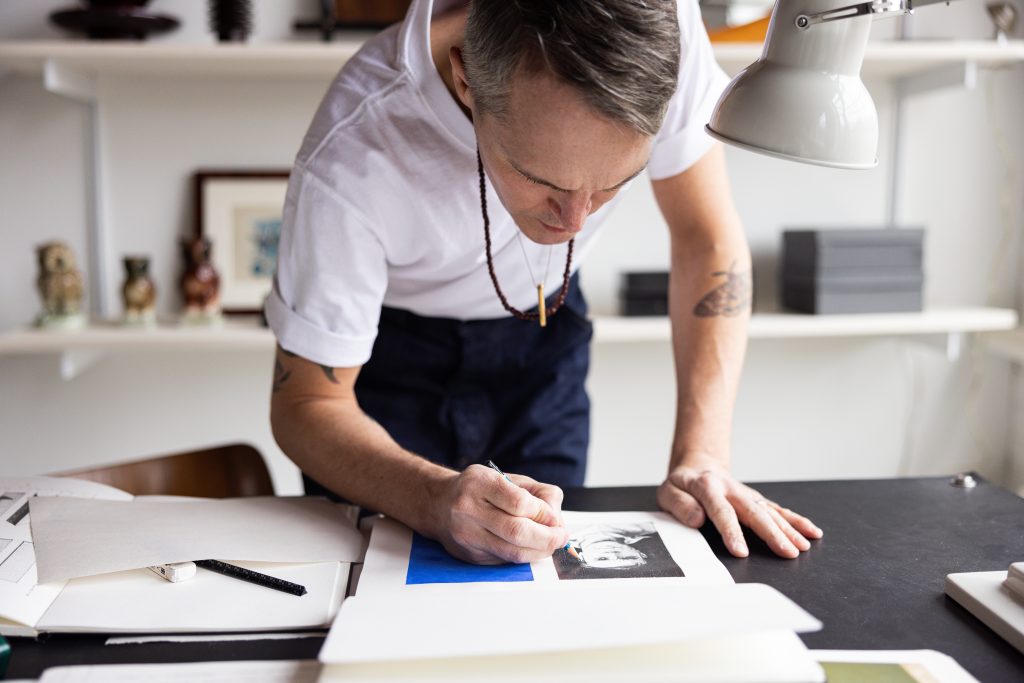
Dumais Made has expanded its line to include sconces, tables, mirrors, and other accessories and has added staff to work with Charlie and Kevin. “We have a team of five in Connecticut,” says Dumais. “We have a production coordinator, a production assistant, a shipping and receiving director (no more running to UPS!), a sales director, and a studio coordinator.” Kevin has his interior design business, which has grown along with Dumais Made. “He is the art director,” says Dumais. “And one of the most important parts of our pieces are the shades. and all of those are designed by Kevin.”
Typically, Dumais himself designs the piece, which have expanded to include 70 different lamps and multiple other items. “If I’m not building myself, which is a slab construction process, then I’m assisting in the build. Once the pieces become established, our team will do the builds,” he says.
Depending on the piece, there may be patterns rolled into them or some coiling to add curves. Some of their more sculptural pieces have other clay pieces attached to create depth, and certain pieces are perforated to let light in or out. Dumais does all the glazing himself. “Our pieces are touched a thousand times by our team, but every single piece is glazed by me.”
Dumais Made sources their clay and glaze materials from a Berkshire-area clay pit in Sheffield, Massachusetts, and the fittings and wiring components for their lamps come from a Connecticut company. “It’s important to us that, as much as possible, we use locally sourced products and materials,” says Dumais.
His goal, from the beginning, was that the shapes in his work would be simple, almost like children’s building blocks. “That really was the basis for everything,” says Dumais, “and we haven’t veered too far from that, but now the pieces have become a lot more complex, and then, of course, as we’ve grown, our pieces have grown. It seems like every few months, we’re being asked to make things bigger and taller.”
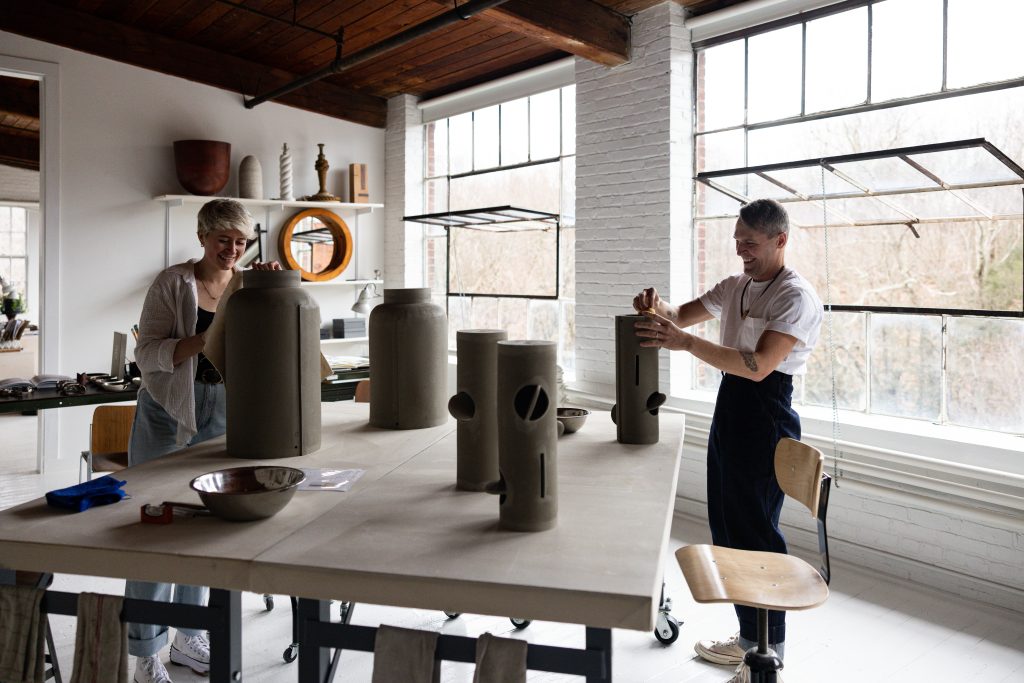
Currently, Charlie and Kevin and their Connecticut team are keeping busy with new furniture designs, such as ceramic side tables and screens. “We’re moving into a whole other category of offering,” says Dumais, who notes that their studio space has grown exponentially as well. “We now have our original studio, which has doubled in size, on one floor of the factory, and then we also have a showroom and finishing studio and shipping and receiving space, so our square footage has almost quadrupled since 2020. Things have definitely changed!”
What hasn’t altered is the excitement of creating unique ceramic products together in their adopted town. “Up until 2020, this was just something that we worked on over the weekends. It was just me and Kevin in the studio, which was kind of romantic,” says Dumais. “We love being able to tell that story, but we also love being a part of the arts and crafts community in Northwest Connecticut.” He says it was important for them to start a business locally, and it has been very rewarding to meet with so much success. “When you encourage and invite local talent to flourish here, it is great for the region’s economy and culture,” says Dumais. “We believe in Litchfield as a place where people can move to and find engaging and creative work.”

